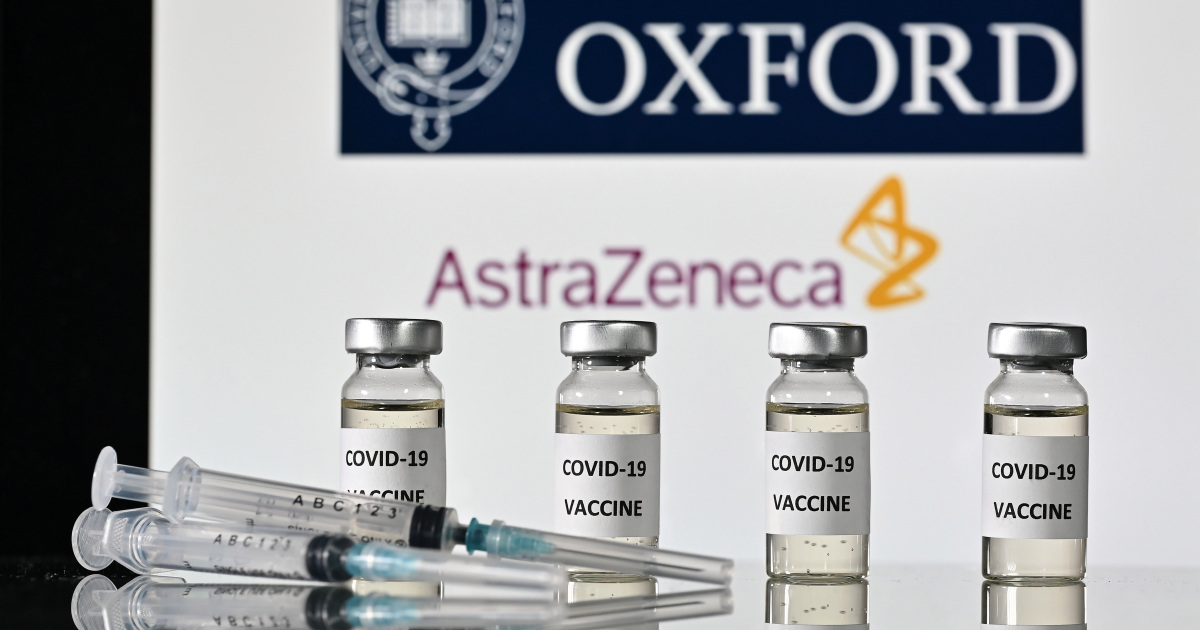A large study from Denmark and Norway published by The BMJ today sheds more light on the risk of rare blood clots in adults receiving their first dose of the Oxford-AstraZeneca covid-19 vaccine.
The findings show slightly increased rates of vein blood clots including clots in the veins of the brain, compared with expected rates in the general population. However, the researchers stress that the risk of such adverse events is considered low.
Cases of rare blood clots in people who have recently received their first dose of the Oxford-AstraZeneca covid-19 vaccine have been reported. Whether these cases represent excess events above expected rates in the general population has, however, been debated.
Both the UK and European medicine regulators say the benefits of the Oxford-AstraZeneca vaccine still outweigh the risks. Denmark and Norway have suspended the use of the vaccine and several other countries have opted to suspend its use in certain age groups.
To explore this further, researchers based in Denmark and Norway set out to compare nationwide rates of blood clots and related conditions after vaccination with the Oxford-AstraZeneca vaccine with those in the general populations of the two countries.
Their findings are based on 280,000 people aged 18-65 who received a first dose of the Oxford-AstraZeneca covid-19 vaccine in Denmark and Norway from February 2021 through to 11 March 2021.
Using national health records, they identified rates of events, such as heart attacks, strokes, deep vein blood clots, and bleeding events within 28 days of receiving a first vaccine dose and compared these with expected rates in the general populations of Denmark and Norway.
In the main analysis, the researchers found 59 blood clots in the veins compared with 30 expected, corresponding to 11 excess events per 100,000 vaccinations. This included a higher than expected rate of blood clots in the veins of the brain, known as cerebral venous thrombosis (2.5 events per 100,000 vaccinations).
However, they found no increase in the rate of arterial clots, such as heart attacks or strokes.
For most remaining outcomes, results were largely reassuring, with slightly higher rates of less severe events such as thrombocytopenia (a condition related to low blood platelet levels), clotting disorders and bleeding, which they say could be influenced by increased surveillance of vaccine recipients.
This is an observational study, so can’t establish cause, only correlation. And the researchers point to some limitations, such as a lack of data on underlying risk factors for clotting and the possibility that their results may not apply to other ethnicities.
However, strengths include the large population-based approach, using reliable national registry data, and near-complete follow-up of participants.
They conclude that “the absolute risks of venous thromboembolic events described in this study are small, and the findings should be interpreted in the context of the benefits of covid-19 vaccination at both the societal and the individual level.”
In a linked editorial, BMJ editors Rafael Perera and John Fletcher point out that covid-19 is itself associated with cerebral venous thrombosis and say vaccination remains overwhelmingly the safest option.
“The choice we nearly all face is between eventual SARS CoV2 infection or vaccination. The Astra-Zeneca vaccine is clearly a good choice, despite the likely risks reported in this study,” they write.
“Quantifying the comparative risk associated with other vaccines is now a research (and public health) priority,” they conclude.
In a linked opinion, Professor Paul Hunter at the University of East Anglia, says this study improves our understanding of the population risk of thrombotic events after the Oxford-AstraZeneca vaccine, but it does not change the conclusions of the UK and European medicine regulators that the benefits of the Oxford-AstraZeneca vaccine far outweigh its risks for most age groups.
“Those countries that delayed their own vaccination programmes at a time of high transmission rates by declining to use available Oxford-AstraZeneca vaccines should know that their decision will have contributed to an increase in the number of avoidable deaths from covid-19,” he argues.

 Rate of adverse events low; benefits of the vaccine still outweigh risks in most situations, say researchers
Rate of adverse events low; benefits of the vaccine still outweigh risks in most situations, say researchers





















.jpeg)












